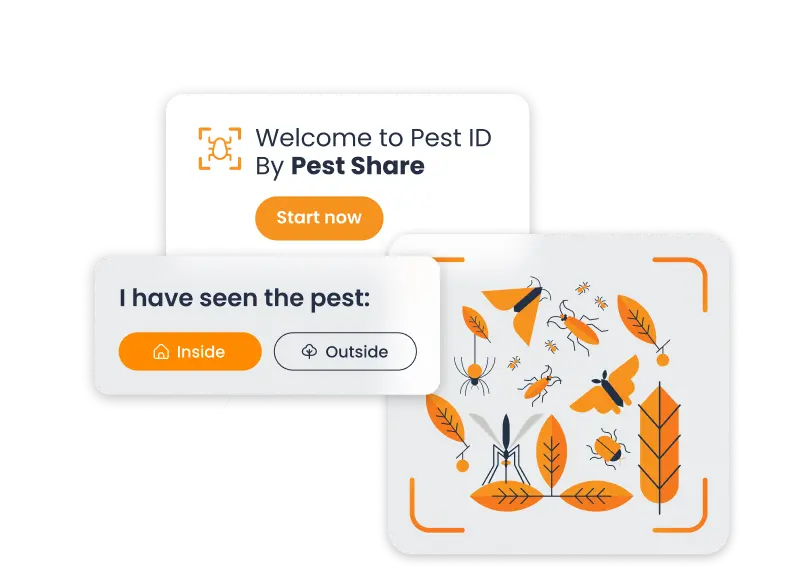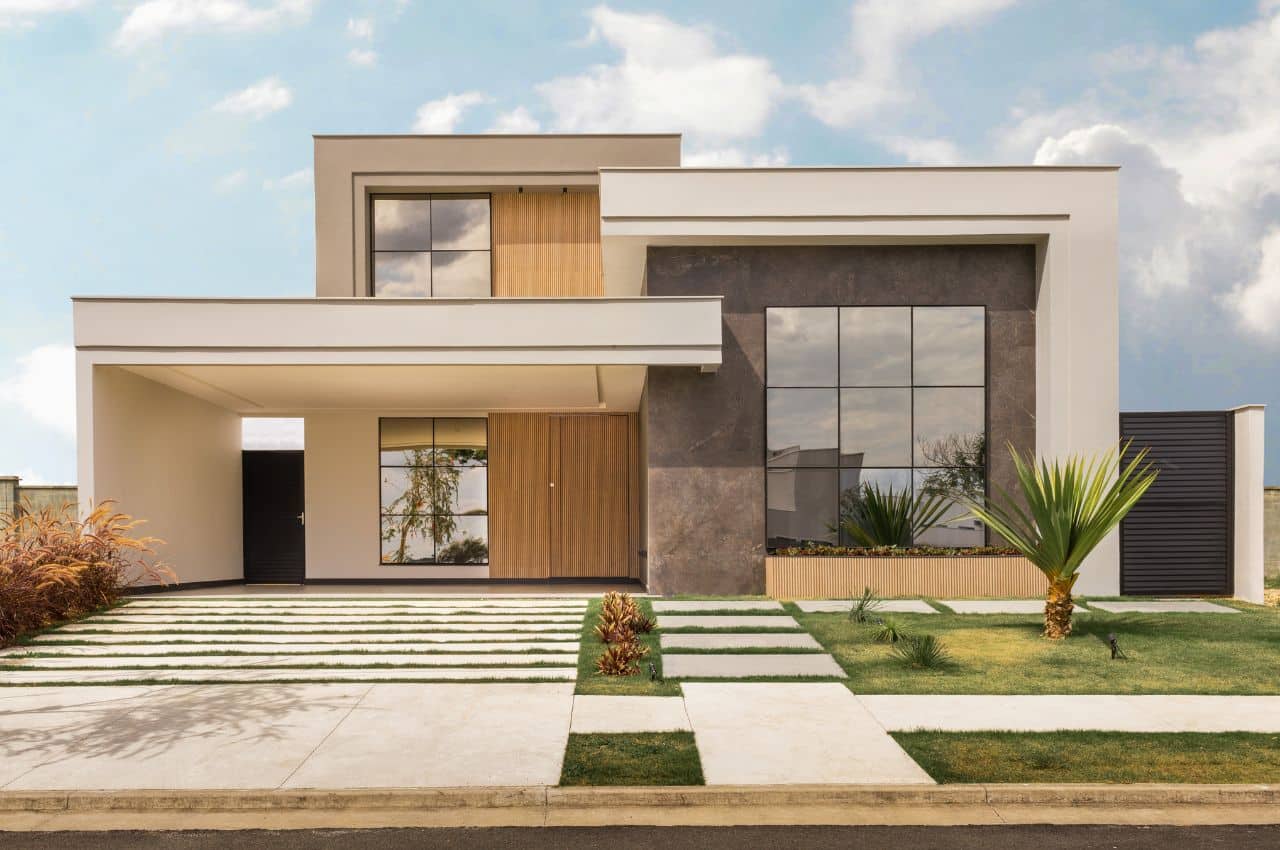Managing commercial properties comes with its unique set of challenges, and one of the most critical aspects to manage effectively is pest control. Whether you’re overseeing an office building, a shopping centre, or a residential complex, ensuring a pest-free environment is essential for tenant satisfaction and property maintenance. Let’s dive into what makes pest control reliable and how you can ensure that your property is protected against unwanted guests.
Understanding Reliable Pest Control
Reliable pest control is about much more than just eliminating visible pests; it involves creating a comprehensive management strategy that prevents pests from becoming a problem in the first place. For pest control to be considered reliable, it must meet three main criteria: responsiveness, effectiveness, and consistency.
Responsiveness means the pest control provider is quick to react when you report an issue. In a commercial setting, where the presence of pests can quickly damage a business’s reputation, speed is of the essence.
Effectiveness is measured by how well the pest control methods actually solve the pest issues, using treatments that address both immediate infestations and potential entry points.
Consistency involves regular monitoring and maintenance to ensure that the property remains pest-free over time. This proactive approach helps in catching and addressing potential problems before they escalate.
Understanding these elements can help you gauge whether your current pest control measures are up to par or if you need to look for a provider that can offer a more reliable service.

No More Resident Complaints.
Choosing a Reliable Pest Control Service
Selecting the right pest control service for your commercial property is critical. Here are some criteria to consider when making your choice:
Certifications and Licensing:
Ensure that the pest control provider holds all necessary local and national certifications. These documents are not just paperwork; they signify that the provider meets set standards of knowledge and practice in pest management.
Experience in Commercial Pest Control:
Experience matters, especially in commercial pest control, where the scale and types of infestations can vary greatly from residential treatments. Providers with specific experience in commercial properties will be better equipped to handle the unique challenges that come with larger spaces and public health considerations.
Reputation and Reviews:
Check reviews from other commercial clients to gauge the provider’s reputation. Positive feedback from other property managers can provide insights into the reliability and efficiency of the service.
Taking the time to choose a provider carefully can save you a lot of hassle and ensure that your pest control strategy is effective and reliable.
Reliable Termite & Pest Control

Termites are particularly problematic in commercial properties due to the significant structural damage they can cause. Reliable termite control is crucial and requires a specialised approach. A good pest control service will offer comprehensive termite solutions that include:
Thorough Inspections:
Regular, detailed inspections are vital to detect termites before they can cause visible damage. These inspections should assess all potential risk areas and use advanced tools to detect hidden colonies.
Customised Treatment Plans:
Depending on the construction of your property and the severity of the termite issue, a variety of treatment options may be necessary. This could include soil treatments, bait systems, or direct wood treatments, tailored to your specific needs.
Preventive Measures:
Beyond treating current infestations, reliable termite control includes strategies to prevent future issues. This might involve modifying the property to reduce moisture accumulation, using termite-resistant building materials, and maintaining a barrier to keep termites out.
Integrated Pest Management (IPM) Approaches
An effective strategy in ensuring reliable pest control in commercial settings is Integrated Pest Management (IPM). IPM is an approach that combines different management strategies to achieve long-term, environmentally sound pest suppression through the most economical means. It emphasises the use of non-chemical methods whenever possible, such as biological control, habitat manipulation, and changes in cultural practices, before chemical options are considered.
For commercial properties, IPM programs are tailored to the specific needs and environmental conditions of the property. This might include educating property staff on how to handle food waste to avoid attracting pests or adjusting landscaping to reduce breeding sites. Additionally, IPM involves continuous monitoring of pest populations and the effectiveness of the chosen control methods. This ongoing process helps in making informed decisions about whether to continue, modify, or stop certain control methods, ensuring that pest management remains proactive rather than reactive.
Technological Advances in Pest Control
Staying updated with technological advances in pest control can significantly enhance the reliability of your pest management strategies. New technologies are continually being developed that offer more effective, less invasive, and more environmentally friendly solutions than ever before.
One of the key technologies used in commercial pest control today is thermal imaging. This technology allows pest control professionals to identify heat patterns caused by pests like rodents and termites, which can help in detecting infestations without the need for invasive inspections. Another innovative method is the use of pheromone traps, which attract specific pests into a trap using chemical signals and are particularly effective in monitoring and controlling insect populations.
Embracing these technologies not only improves the effectiveness of pest control efforts but also minimises the disruption to your property’s operations, which is particularly important in commercial environments where business activities should not be unduly disturbed by pest control measures.
Regulatory Compliance and Safety
For commercial properties, adhering to regulatory compliance and maintaining safety standards in pest control is not just a good practice—it’s a legal requirement. Different regions have specific regulations governing the use of pesticides and safety measures that must be followed to protect the health of the building occupants and the environment.
It is crucial for property managers to choose pest control providers who are well-versed in these regulations and committed to adhering to them. This compliance protects your property from potential legal issues and ensures that all pest control practices are safe for tenants, employees, and visitors.
Moreover, a focus on safety extends beyond legal compliance. It involves using pest control methods that are proven to be safe and effective, providing the necessary training for your staff on how to handle and respond to pest control treatments, and ensuring that all safety data sheets and risk assessments are available and updated.
Pest Control Maintenance Plans
For commercial properties, establishing a routine pest control maintenance plan is essential for ongoing prevention and management. These plans involve scheduled inspections and treatments to ensure that pests are not only removed but kept away permanently. By setting up a regular maintenance schedule, you can catch potential infestations early, saving time and money in the long run.
A good maintenance plan will be customised to the specific needs of your property, taking into account factors such as the property’s location, previous pest history, and specific areas prone to infestation. It’s important for these plans to include both preventive measures and active treatments to address any current issues. Regular updates and reports from your pest control provider can also help you monitor the situation and adjust the strategy as necessary.
Training and Education for Property Management Staff
Another key aspect of maintaining a pest-free environment is the education and training of your property management staff. They are often the first line of defence against pests and can play a crucial role in early detection and prevention.
Training should cover basic pest management principles, such as proper food and waste handling, identifying signs of pest activity, and understanding the steps to take if pests are detected. Educating your staff not only helps in maintaining a clean, pest-free environment but also empowers them to act quickly and efficiently if problems arise.
Evaluating and Enhancing Pest Control Measures
Continuous evaluation is crucial to ensure the effectiveness of your pest control measures. Regularly assess the strategies in place to determine what’s working and what isn’t. This might involve reviewing treatment reports from your pest control provider, checking trap logs, or gathering feedback from tenants and staff about their experiences.
Based on these evaluations, enhancements can be made to your pest control measures. Adjustments might include changing the frequency of treatments, trying new methods, or increasing focus on certain areas of the property. Always look for improvements that optimise safety and effectiveness while being cost-effective.
Communication Strategies with Tenants
Effective communication with tenants about pest control measures is vital for maintaining trust and satisfaction. Keep tenants informed about scheduled treatments, what to expect, and how they can cooperate to ensure the effectiveness of pest control efforts. Clear communication also helps to manage tenants’ expectations and reduce any inconveniences associated with pest control treatments.
Updates can be communicated through regular newsletters, emails, or tenant meetings. Providing information on how tenants can contribute to pest prevention, such as proper garbage disposal and reporting sightings, can also enhance your overall pest control efforts.
Conclusion
Effective pest control is a critical aspect of commercial property management, involving a combination of advanced technology, regular maintenance, staff training, and clear communication. By implementing these strategies, you can maintain a safe and pest-free environment that protects both your property and its occupants. Don’t wait for pests to become a problem—take proactive steps today to ensure your property remains pest-free. Reach out to a reliable pest control provider and start setting up your customised maintenance plan now.





